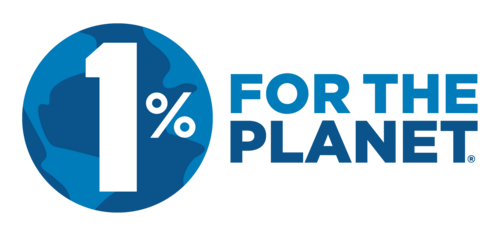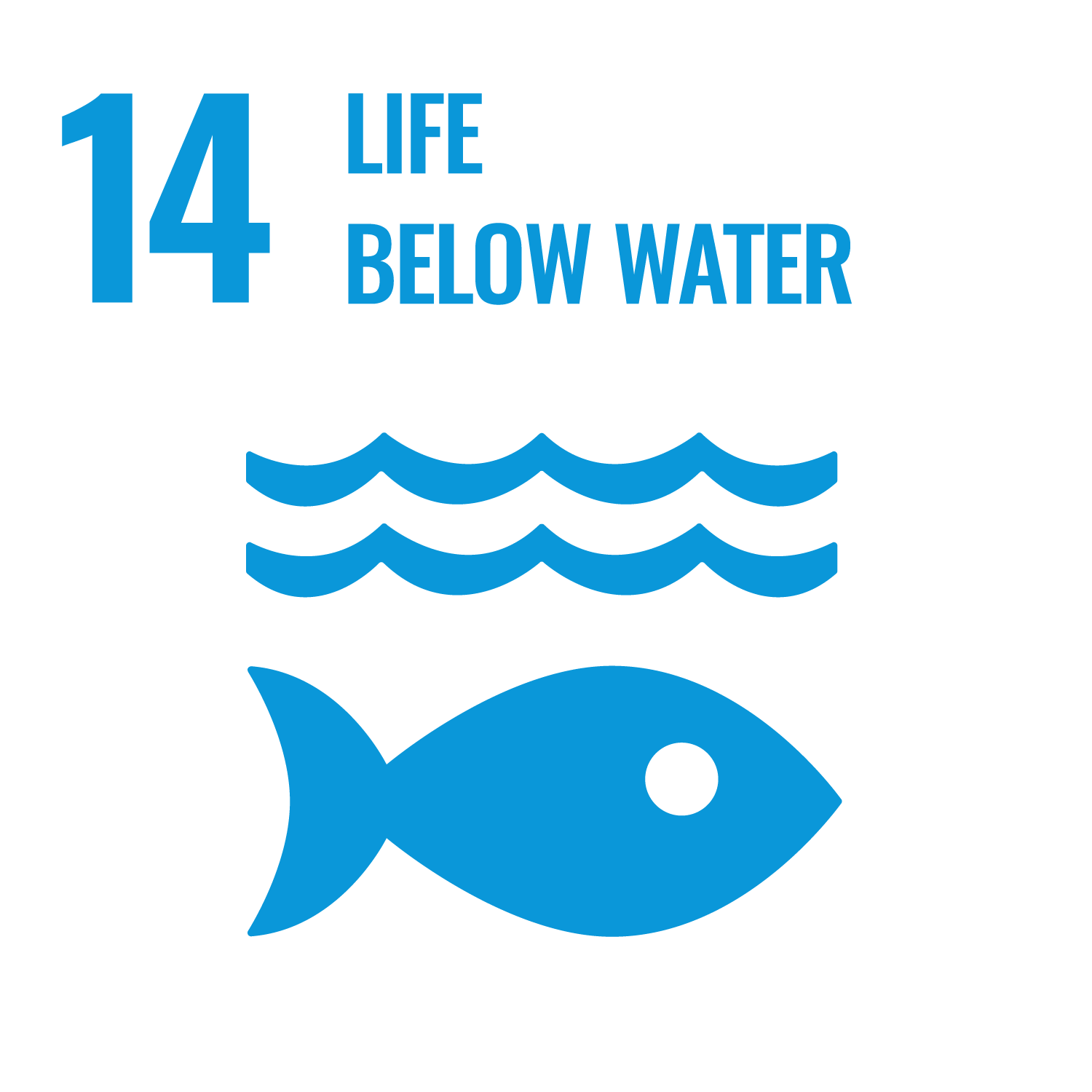




Cleaning up abandoned fishing nets in the Mediterranean
The project
OceanZero waste
Remove lost fishing nets and restore 1 hectare of coralligenous reefs in the Mediterranean.
Action regions
Corse
Provence-Alpes-Côte d'Azur
4,5
kmof ghost nets removed
1,5
hectarehectare of marine habitat restored
200
hectarehectares of seabed surveyed
Solution
Ghost nets destroy biodiversity, physically degrade habitats and pollute marine ecosystems.
This project, by supporting artisanal fishing, proposes a solution to reduce its impact on sensitive marine habitats such as coralligenous reefs. It aims to preserve and restore them through three axes:
Involvement and awareness-raising of artisanal fishermen for greater responsiveness in the event of net loss.Search for ghost nets and acquisition of knowledge on the impact of artisanal fishing and the importance of abandoned nets.Methodical removal of nets to depollute the marine environment and enable passive restoration of habitats.
News
Use of the money
The funds raised will cover the costs:
- Of the prospecting dives and net removal..
- Of the fuel and vessel maintenance required for missions in the Var, Alpes-Maritimes and Corsica.
- Of the development of the partnership with artisanal fishermen.
Action regions
Corse
Provence-Alpes-Côte d'Azur
Why we love it?
The NaturDive project is already supported by the renowned Office Français de la Biodiversité (French Biodiversity Office) and had the opportunity to prove its worth during a trial phase in 2022! It now needs to be perpetuated to continue the fight against marine pollution near the coast.
Certified association
NaturDive is an association certified by Dift, here are the criteria we evaluate:
Financial management
Innovation & efficiency
Entrepreneurial spirit, agility & ambition
Governance & values
Transparency, monitoring & impact measurement
Systemic impact
To learn more, visit dift.com/causes
Earned labels

Sustainable development goals


These projects might interest you


